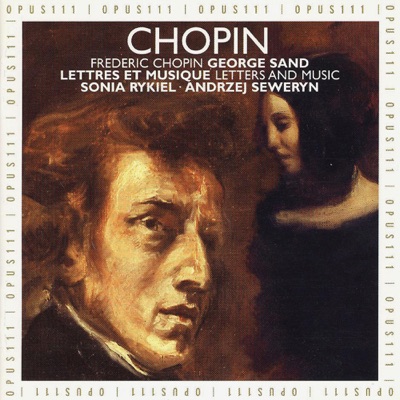The Blue Note

(8)


Andrzej Zulawski's La Note Bleue can be called an event. This is probably the first time that a director has, in all humility, treated the life of a composer – Chopin in this instance – without sacrificing any of his ambitions as a filmmaker. In others words, not for a single moment does he attempt to appropriate or put to his own use the music he is filming. He directs it, and perhaps illustrates it, but in no way reduces it. In La Note Bleue the music therefore serves neither as an excuse nor as a foil. It quite simply is. Invisible by nature, and yet terribly present. Mazurka, Nocturne, Funeral March... Notes heard time and again, but which here regain all their strength, ardor, and virtuosity. New notes altogether, it might seem, and yet profoundly melancholy. Paul Claudel declared "the eye can listen." La Note Bleue proves him to be right, whispering to us that the "ear can see."
異世界へー再びー
『きさらぎ駅 Re:』都度課金開始🚉
WATCHAストア
異世界へー再びー
『きさらぎ駅 Re:』都度課金開始🚉
WATCHAストア
Cast/Crew
Comment
2Please log in to see more comments!
Soundtrack Info

Polonaise in F-Sharp Minor, Op. 44
야누시 올레이니차크

Mazurka No. 17 in B-Flat Minor, Op. 24 No. 4
야누시 올레이니차크

Piano Concerto No.2 in F Minor, Op. 21: II. Larghetto
Ensemble Mosaïques, 크리스토프 코인 & 야누시 올레이니차크

Prelude No. 7 in A Minor, Op. 28
야누시 올레이니차크

Nohant, Nohant ! (1839)
Sonia Rykiel, Andrzej Seweryn, 야누시 올레이니차크 & 그리고리 소콜로프

Nocturne No. 13 in C Minor, Op. 48
야누시 올레이니차크